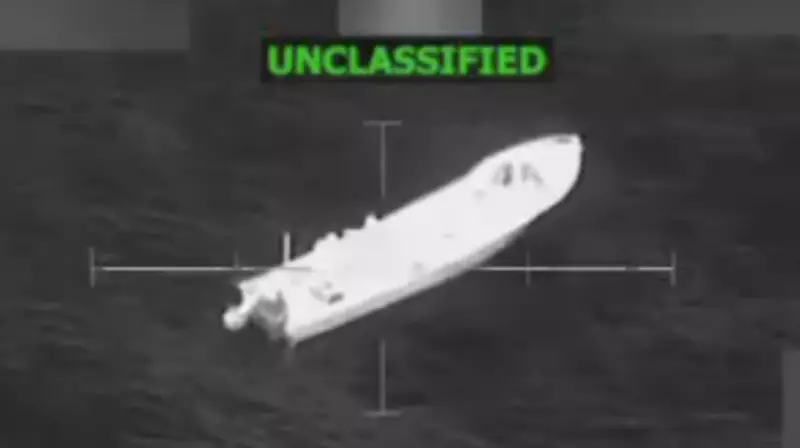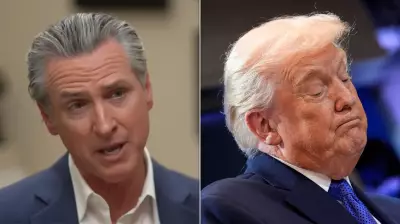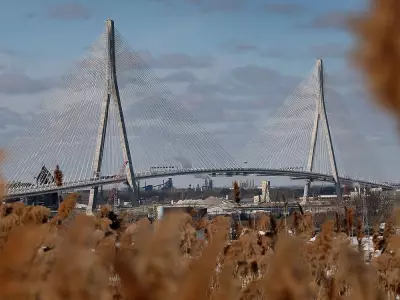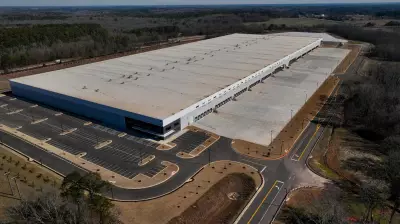
The United States military conducted lethal strikes on two vessels in the eastern Pacific Ocean on Sunday, resulting in six fatalities, according to an announcement from U.S. Defense Secretary Pete Hegseth on Monday. The incident has triggered mounting demands for thorough investigations into the American operations.
Military Justification and Escalating Campaign
Defense Secretary Hegseth defended the actions in a social media post, stating that intelligence identified both vessels as participants in illicit narcotics smuggling. He emphasized they were "carrying narcotics, and were transiting along a known narco-trafficking transit route". The post included video footage showing the moments the boats were struck.
This represents part of a significant escalation in U.S. military activities targeting suspected drug trafficking operations. Since September, American forces have executed more than a dozen strikes near the Venezuelan coast and recently expanded operations into the eastern Pacific. According to official statements, these actions have resulted in over 70 casualties.
International Backlash and Legal Challenges
The United States maintains that the targeted vessels were transporting illegal drugs, though no concrete evidence has been publicly presented to support these claims. This lack of transparency has drawn criticism from multiple quarters, including foreign governments, congressional representatives, legal experts, and families of those killed.
Venezuela has condemned the strikes as illegal acts of aggression, characterizing them as murder and violation of national sovereignty. President Nicolas Maduro has accused the Trump administration of attempting to overthrow his government, allegations that Washington has downplayed despite reports of ongoing contact with Venezuelan opposition figures.
The United Nations human rights chief has joined the chorus of criticism, declaring the U.S. actions "unacceptable and a violation of international human rights law".
Regional Military Buildup Context
The strikes occur against the backdrop of increased U.S. military presence in the Caribbean region. In September, Washington significantly enhanced its naval power in the area, deploying:
- A nuclear submarine
- Multiple warships
- The world's largest aircraft carrier
This military expansion prompted Venezuela to bolster its own security measures, including the deployment of tens of thousands of troops throughout the country. The situation continues to develop as international scrutiny intensifies over the legality and justification of the U.S. military operations.






